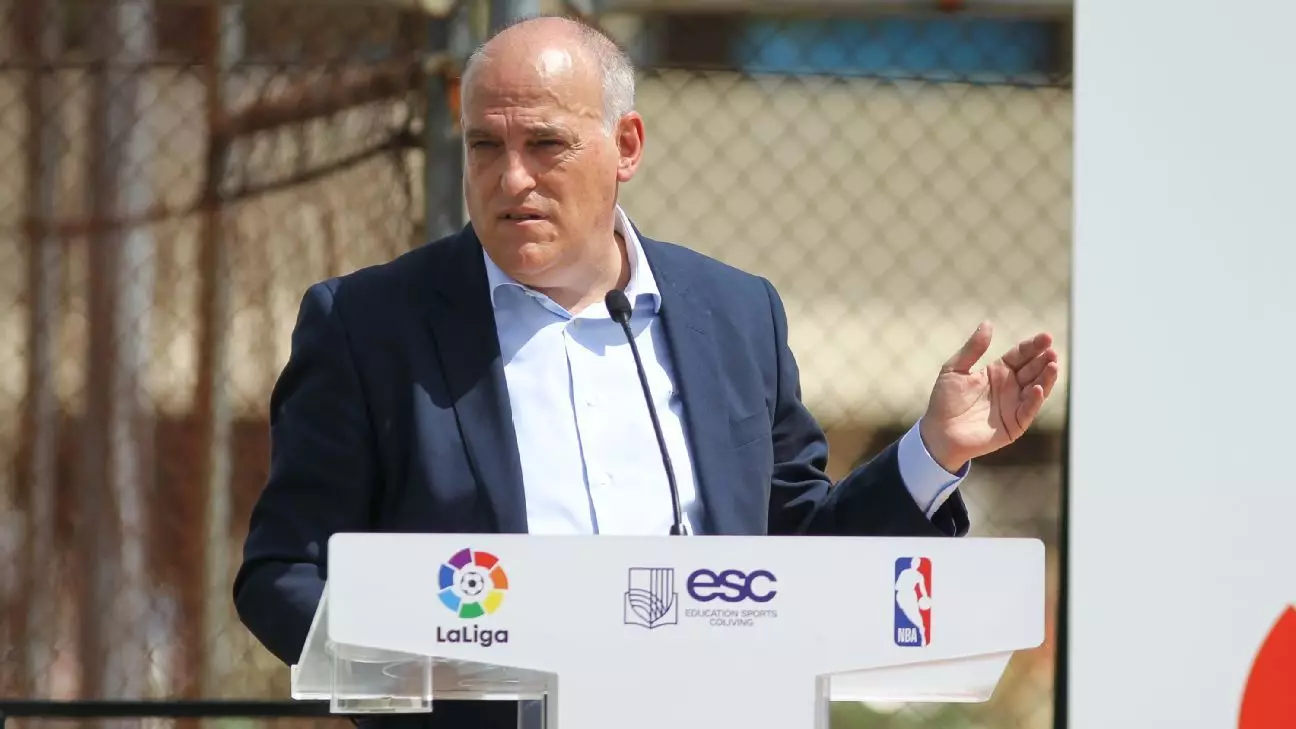LaLiga president Javier Tebas has expressed his desire to bring competitive games to the United States as soon as the 2025-26 season. This move would not only expand LaLiga’s global reach but also strengthen its position in the North American market, which is the second-biggest market for the league after Spain.
Tebas had initially planned to stage a league match between Barcelona and Girona at Miami’s Hard Rock Stadium back in 2018. However, this plan was met with opposition from various entities including the Spanish Football Federation (RFEF) and FIFA. The attempt was ultimately thwarted, leading to disappointment for those involved.
Despite the setbacks faced in the past, a recent lawsuit involving Relevent Sports Group has reignited the possibility of LaLiga playing official games abroad. The lawsuit, which challenges FIFA’s policy of not allowing countries to host league matches involving teams from other nations, has opened up new opportunities for LaLiga.
The Supreme Court’s decision to allow Relevent’s antitrust lawsuit to proceed against FIFA and the U.S. Soccer Federation marks a significant turning point in the quest to bring LaLiga games to the U.S. The involvement of key stakeholders such as Miami Dolphins owner Stephen Ross and the Biden administration has added further momentum to the cause.
While Tebas’ comments regarding playing official games in the United States by the 2025-26 season are promising, it is essential to note that they do not constitute an official announcement from LaLiga. The road ahead is still filled with uncertainties, and various approvals and agreements will need to be in place for this ambitious plan to materialize.
LaLiga’s aspiration to bring competitive games to the United States represents a bold step towards expanding its global presence and engaging with new audiences. While challenges remain, the league’s determination and the recent legal developments signal a potential breakthrough in the near future. Only time will tell if LaLiga will indeed make its mark in the U.S. market and continue to push boundaries in the world of international football.
